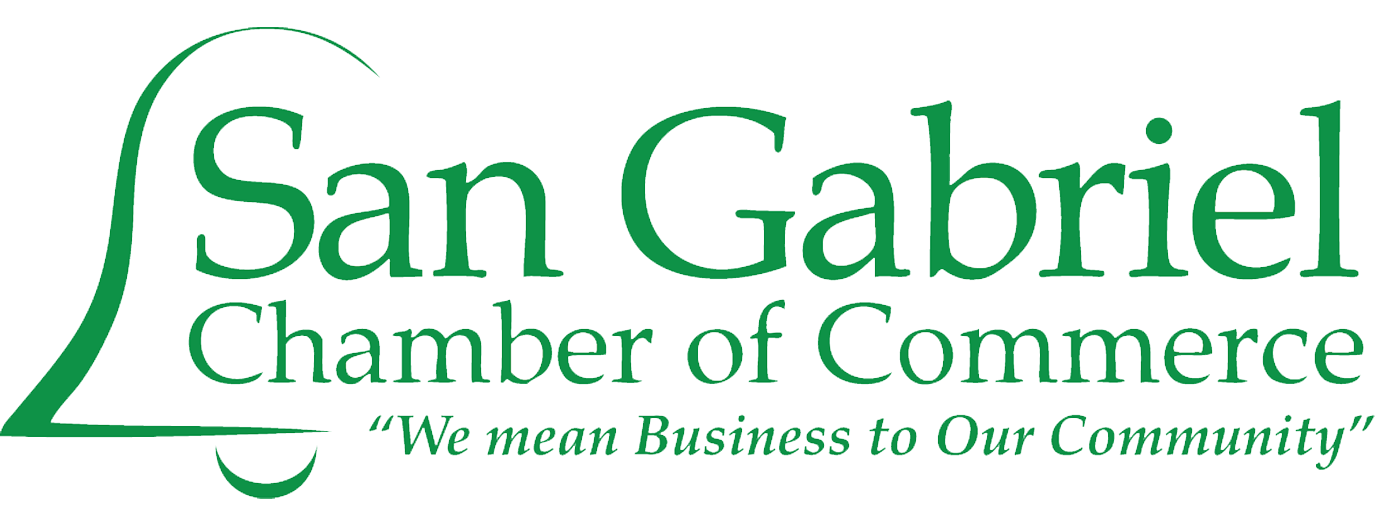In today’s fast-paced, mobile world, many adult children live far away from their aging parents. Jobs, families, and life commitments often mean you can’t be there every day—but that doesn’t mean you can’t be deeply involved in your loved one’s care. Long-distance caregiving is not only possible—it’s increasingly common and deeply impactful.
Effective remote caregiving starts with understanding your role, setting realistic goals, and creating a structured plan for involvement. While you may not provide hands-on care daily, your participation in decision-making, emotional support, and oversight can make a powerful difference. Through strong communication, planning, and use of modern technology, families can provide meaningful care from afar while ensuring their loved one’s dignity, comfort, and safety.
1. Understanding Long-Distance Caregiving
What is it? Long-distance caregiving refers to managing or coordinating the care of an aging loved one when you live more than an hour away. You may not be there daily, but you still play a critical role in decision-making, emotional support, and overall well-being.
Why it matters: With over 7 million Americans providing long-distance elder care, it’s important to understand that being physically distant doesn’t mean being disconnected. Successful caregiving depends on planning, communication, and strong local partnerships.
2. Establishing a Local Support System
When you can’t be there every day, building a reliable support team on the ground is essential. This might include:
- Neighbors and friends: Check in regularly and notify you of any changes.
- Local family members: Coordinate roles and rotate responsibilities.
- Home care aides or assisted living staff: Provide daily oversight and updates.
- Healthcare providers: Keep you informed about your loved one’s health and needs.
At Trinity Hills Estates, we partner with families to serve as that daily anchor—providing professional care and keeping communication open and honest.
3. Leveraging Technology for Peace of Mind
Technology makes it easier than ever to stay connected, informed, and reassured. Here are ways to bridge the distance:
- Video Calls: Schedule weekly FaceTime or Zoom chats to check in.
- Smart Devices: Set up voice-activated assistants (like Alexa or Google Home) to help with reminders, music, or emergency calls.
- Medication Dispensers: Use smart pillboxes that alert you if a dose is missed.
- Health Monitoring Tools: Devices like wearable fitness trackers or fall detectors can send alerts and updates.
- Family Communication Apps: Tools like CaringBridge, CareZone, or Google Calendar help coordinate schedules and tasks with siblings or caregivers.
At Trinity Hills Estates, we support tech integration and help residents use video calls, tablets, and other tools to stay in touch with family.
4. Planning Meaningful Visits
Visits, even if infrequent, are powerful. Here’s how to make them count:
- Schedule in Advance: Coordinate with staff or caregivers to understand recent health updates and emotional needs.
- Be Present: Focus on quality time—talk, reminisce, take a walk, or do a simple activity together.
- Check Essentials: Use visits to go through paperwork, check medications, or update legal and financial documents.
- Bring Joy: Bring photos, favorite snacks, or grandchildren to brighten their day.
Trinity Hills Estates welcomes family visits with open arms. We even help coordinate transportation and prepare residents for family days.
5. Staying Informed & Involved from Afar
Your involvement doesn’t stop at phone calls. Here’s how to stay proactive:
- Join Care Meetings Remotely: Attend virtual check-ins with staff and doctors.
- Request Monthly Updates: Ask for regular care summaries, medication logs, or wellness updates.
- Keep a Care Journal: Track health notes, emotional changes, and key contacts in one place.
- Know the Emergency Plan: Ensure you’re aware of the facility’s protocol and who to contact if something changes quickly.
Trinity Hills Estates provides family members with transparent communication, virtual meeting options, and accessible staff. We know that informed families are better equipped to provide meaningful support.
6. Emotional Support: Staying Connected Across the Miles
Emotional caregiving is just as important as physical caregiving. Here’s how to keep the relationship strong:
- Send Regular Notes or Photos: A postcard, letter, or family photo can go a long way.
- Create Routine Contact: A Sunday morning phone call or midweek video chat gives structure and something to look forward to.
- Celebrate Milestones: Send care packages or host virtual birthday or holiday celebrations.
- Share Updates from Your Life: Let them feel involved in your world too—it helps them feel included and less isolated.
At Trinity Hills Estates, we help bridge the emotional gap by assisting residents with calls, helping them send letters or video messages, and encouraging them to share their stories.
7. When Assisted Living Makes Sense
For many long-distance caregivers, moving a parent into a trusted assisted living community like Trinity Hills Estates brings peace of mind. You’ll know that:
- Your loved one is safe, supported, and never alone
- Medical and personal care needs are met consistently
- You have a team to communicate with regularly
- You’re free to focus on connection, not crisis management
This doesn’t replace your role—it enhances it. It allows you to be the son, daughter, or family member again, not just the coordinator or nurse.
Conclusion
Caring from a distance is challenging, but it’s entirely possible—and deeply meaningful. With the right tools, local partnerships, and a supportive senior living community, you can stay involved, informed, and emotionally close to the people who matter most.
At Trinity Hills Estates, we specialize in helping long-distance families feel connected and confident. Our team becomes an extension of your care, ensuring your loved one receives not only professional support but also personal connection.
Contact Trinity Hills Estates in Arcadia today to learn how we help families stay close—no matter the distance.





